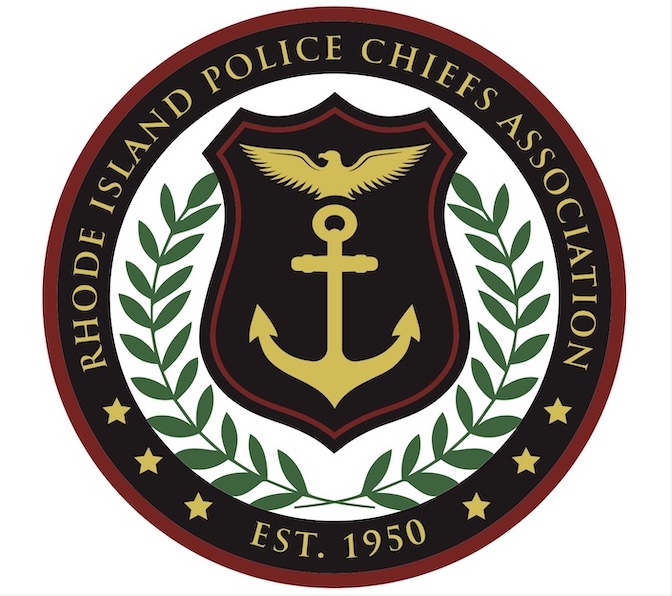Rhode Island Police Chiefs’ Association Shares Teen Driving Safety Tips During ‘100 Deadliest Days’
PROVIDENCE – The Rhode Island Police Chiefs’ Association (RIPCA) would like to provide safety information for teen drivers during the “100 Deadliest Days.”
According to the Centers for Disease Control and Prevention, motor vehicle crashes are the leading cause of death for U.S. teens. About 2,800 teens ages 13-19 lost their lives in car crashes in 2020 — an average of eight teens a day.
The “100 Deadliest Days” is the period between Memorial Day and Labor Day when motorists are more likely to be killed in crashes involving teen drivers. According to the AAA Foundation for Traffic Safety, 6,598 people died in teen-related summertime crashes between 2012-2021. A press event, hosted by AAA, was held prior to the 100 Deadliest Days to encourage parents to talk with teens about risky driving behaviors.
According to the National Highway Traffic Safety Administration (NHTSA), teens’ inexperience behind the wheel makes them more susceptible to other risk factors.
Distracted driving:
One in three teens who text say they have done so while driving. Research has found that dialing a phone number while driving increases your teen’s risk of crashing by six times, and texting while driving increases the risk by 23 times. Talking or texting on the phone takes your teen’s focus off the task of driving, and significantly reduces their ability to react to a roadway hazard, incident, or inclement weather.
Distracted driving can also take the form of eating or drinking while driving, applying makeup, or changing music.
Passengers:
Teen drivers are two-and-a-half times more likely to engage in one or more potentially risky behaviors when driving with one teenage peer, compared to when driving alone. Research shows that the risk of a fatal crash goes up in direct relation to the number of teenagers in the car.
Speeding:
Speeding is a critical safety issue for teen drivers. In 2020, it was a factor in 31% of the fatal passenger vehicle crashes involving teen drivers 15-18 years old.
Teens should especially be aware of their speed during inclement weather, when they may need to reduce their speed, or with other road conditions, like winding roads.
Impaired driving:
Remind your teen that underage drinking is illegal, and driving under the influence of any impairing substance – including illicit, over-the-counter, and prescription drugs – could have deadly consequences. Drinking alcohol under the age of 21 is illegal in every state. Drunk-driving laws are always strictly enforced, and many states have zero-tolerance laws, meaning that there can be no trace of alcohol or illegal drugs in your system at any time. For those under 21, the BAC limit is not .08 — it is zero.
Seat belts:
Seat belt use is lowest among teen drivers and the majority of teenagers involved in fatal crashes are unbuckled. In 2020, 52% of teen drivers who died were unbuckled. When the teen driver involved in the fatal crash was unbuckled, nine out of 10 of the passengers who died were also unbuckled.
Drowsy driving:
In 2020, drowsy driving claimed 633 lives, and some studies even suggest drowsiness may have been involved in more than 10-20% of fatal or injury crashes. Drowsy driving is more than just falling asleep — it affects a driver’s alertness, attention, reaction time, judgement, and decision-making capabilities.
Safety tips:
- Remind your teen that driving is a skill that requires the driver’s full attention. Talk about the consequences of distracted driving and make yourself and your teen aware of Rhode Island’s penalties for talking or texting on a phone while driving.
- Be a good role model. Never speed or drive impaired. Wear your seat belt, and keep your eyes on the road and your hands on the wheel while driving. Be consistent between the message you tell your teen and your own driving behaviors. Kids learn from watching their parents.
- Set consequences for risky driving.
- Never provide alcohol to teens. Do your part to prevent your teen from having access to alcohol. Parents who supply alcohol to any teen — or help any minor possess or consume alcohol—face jail time, loss of a driver’s license, and serious fines.
- Remind your teen that it is never safe to ride in a car with someone who has been drinking alcohol or using drugs.
- Help your teen understand why seat belts are so important, and that they must be worn in the front seat and the back seat, every trip, every time.
Learn more about teen driving safety at nhtsa.gov.
###

